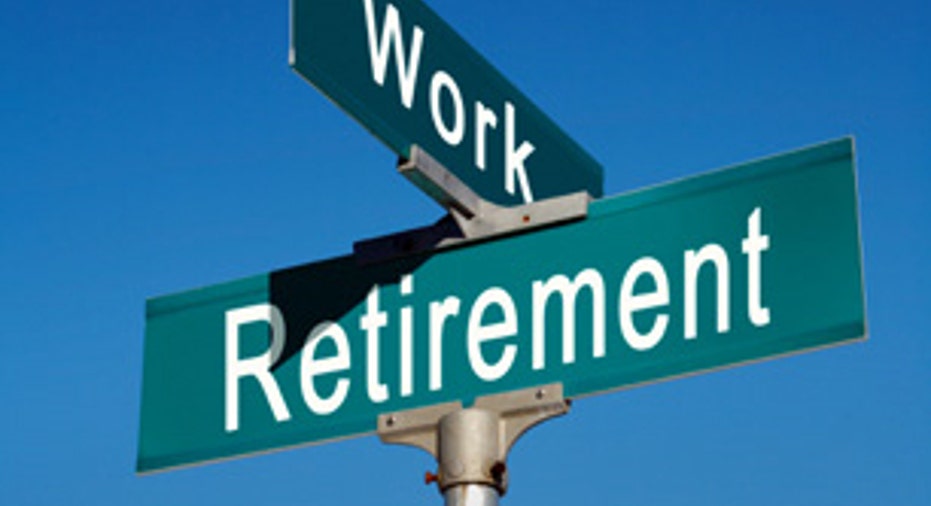7 Questions to Ask if You Plan to Retire this Year

– If 2014 is the year you plan to leave the workforce and start your retirement, experts recommend looking before you leap.
“The worst thing to is to retire and realize you aren’t properly prepared for it,” says Ken Moraif, senior advisor at Money Matters in Plano, Texas.
Giving up a steady paycheck can be intimidating, even when the tradeoff is getting to set your own schedule every day. Here are seven questions experts say wanna-be retiree should ask if they plan to retire this year:
Can I afford to retire? Retirement planning is complex, but experts agree it all comes down to making sure your income is higher than your expenses. Moraif says now is the time to review your retirement spending projections that include living and entertainment expenses, taxes and estimated medical care costs. Once you know your expenses, it’s time to identify all sources of income, including pensions, Social Security, 401(k)s and real estate.
“Now you subtract your expenses from income, and you will either get a positive or negative number. If it’s negative, that means you haven’t accumulated enough to live out your dream retirement and may have to adjust accordingly or stay in the labor market.”
Where are we in the macro-economic cycle? According to Anton Bayer, founder of Up Capital Management, bull and bear cycles have lasted an average of 17 years since 1826, and where we are in the current economic cycle should determine how to invest leading up to your workforce departure.
“You should look back to the last cycle to find out how people made money. Right now people should be reviewing what made money from 1958-1981 to help plan their portfolio. Reviewing the last three to five years isn’t going to be effective.”
When was the last time I met with my financial planner? Moraif recommends meeting with your financial planner at the start of the year to detail your retirement goal and then check in every quarter to get status updates and establish dates for actions like rolling over an IRA, withdrawing money from certain savings vehicles and planning for taxes.
Have I shifted my investing strategy? Tax and estate planning attorney Stephen Breitstone says now is the time to shift your portfolio to mimic your investing plan in retirement.
“You should have the same asset allocation now than you will have in retirement. It should be all about preservations and long-term value of the portfolio.”
Do I have any debt? Moraif recommends making paying off any debt the year leading up to retirement a main priority.
“When you retire, you need to be debt free and work as diligently as possible to pay off any debt: car, mortgage and any credit cards.”
When should I take Social Security? The best time to tap Social Security benefits varies, but if you can afford to wait, it will mostly likely bring larger monthly payments. If you are eligible for full retirement benefits at age 66 but wait one year, the monthly amount will increase 108%.
What am I actually going to do in retirement? Non-financial questions are just as important to ask before saying farewell to work life.
“Many people spend their entire lives working toward retirement but they don’t think about what they are going to do it once they are in it,” says Moraif. “For most of us, our entire self-image is built around our work life and when we retire, we suddenly have nothing so it’s important to have goals and clear objectives.”



















